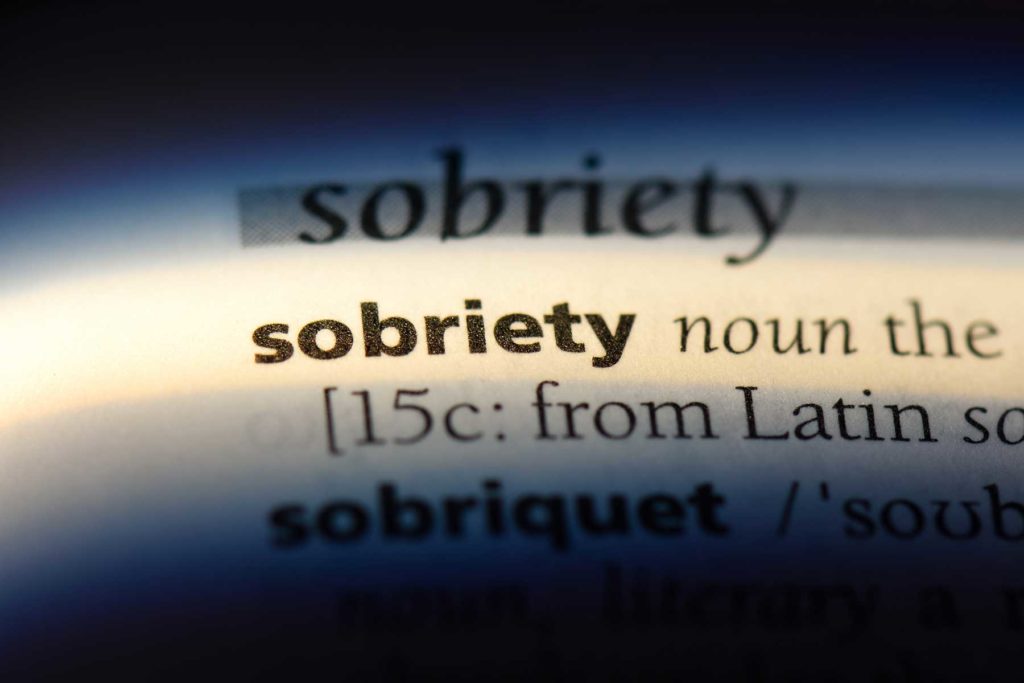Maintaining sobriety is a lifelong commitment that gets easier and more fulfilling as the days go by. Living sober requires regular effort, motivation, and emotional support, be it from your family or peers from your rehab program. If you or a loved one is struggling with maintaining sobriety after battling addiction, reach out to Serenity Grove’s rehab alumni program for ongoing support and access to a wide variety of healthcare resources.
Overcoming addiction might seem like a long and arduous journey at first. However, with the right kind of support, therapy, and medical attention, a full recovery is possible for everyone. End your search for “substance abuse treatment near me.” To learn more about our rehab alumni program and continuing care services, call Serenity Grove at 844.904.3485.
Adjusting to Sober Life After Treatment
Reintegrating into sober life after treatment can be a difficult and intimidating process. Many people feel overwhelmed with the prospect of leaving the safety and structure of rehab, but it’s important to recognize that the transition back home does not have to be a daunting one. With proper preparation, support from loved ones, and commitment to sobriety, it is possible to have a successful transition back home and into sober life.
There are several steps people can take to ensure they make a smooth transition from treatment back home. First, it’s important to plan ahead. This involves setting up necessary appointments or meetings with doctors, employers, support groups, and other important contacts ahead of time. Doing so will ensure that individuals have a solid foundation to come back to and the necessary resources they need to stay on track with their recovery.
Having a strong support system is also essential for successful reintegration into sober life. Contacting friends, family, or other loved ones who can offer understanding and provide practical help when needed can make a big difference in the transition process. Additionally, staying involved with 12-step programs or other support groups can also greatly benefit individuals by providing valuable resources and accountability in their sobriety journey.
Finally, it is essential to remember that returning to substance use does not have to be part of the equation. With dedication and commitment to sobriety, a return to use can be prevented, and individuals can successfully remain sober. Establishing a daily routine, maintaining communication with trusted support networks, and learning to manage stress in healthy ways are all essential steps for ensuring long-term sobriety.
Advice For Maintaining Sobriety
Once the initial detox is complete, and the toxins are out of your system, the battle is only half-won. Now, you have to commit to living sober, have a few contingency plans, and engage in healthy lifestyle choices. Following these simple tips will go a long way in maintaining sobriety and living a happy life:
-
Join A Support Group
Battling addiction and attending rehab can make one feel isolated and estranged from their loved ones. They may be struggling with feelings of shame, guilt, or self-loathing. Joining a support group will help them find peers who are on a similar journey and become a safe space for mutual support and solidarity.
-
Reach Out To A Rehab Alumni Program
Most addiction treatment centers will have a dedicated rehab alumni program where former clients can mentor and inspire patients on the road to recovery. Sometimes, the alumni association may organize community events where one can play an active part and even make new friends.
-
Follow A Routine
Staying disciplined is the key to living sober. Follow a structured schedule that also includes ample “self-care” time. Sticking to a routine will also keep you focused and prevent you from getting distracted. It is also a good way to start building healthy habits by including time for exercise, walks, nutritious meals, and meditation sessions in your daily regimen.
-
Have Contingency Plans
Even after the detox phase is complete, it isn’t uncommon to experience cravings. However, you can significantly reduce the chances of returning to use by setting clearer and firmer boundaries. Avoid events or people who might tempt you to drink. Ask your trustworthy friends or family members to keep an eye out for you and hold you accountable.
You can also work with a personal therapist to identify your particular triggers and make contingency plans for emergencies.
-
Celebrate Small Milestones
During the recovery journey, it is important to occasionally take a step back and acknowledge how far you’ve come. Staying sober is a great achievement, and make sure you celebrate all the milestones with your loved ones by hosting sober parties. You can also keep a gratitude journal to remind yourself of the small victories and pleasures of life.
Find Help And Healing At Serenity Grove
At Serenity Grove, we help citizens from all walks of life recover from substance use disorders and rebuild their lives for the better.
Instead of focusing on the dark side of addiction, our experienced and compassionate staff work closely with clients to find unique solutions to their issues. From residential care to outpatient programs, we provide the full spectrum of addiction care services, along with a continuing care program that significantly minimizes the chances of a client returning to substance use. Our clients work with the same therapists through all levels of care, building bonds of resilience, trust, and hope.
Take the first step toward a happier life by calling us at 844.904.3485 today. You can also reach us by filling out our online contact form.


